The more acquisitions the government makes abroad, the more taxes the people have to pay at home
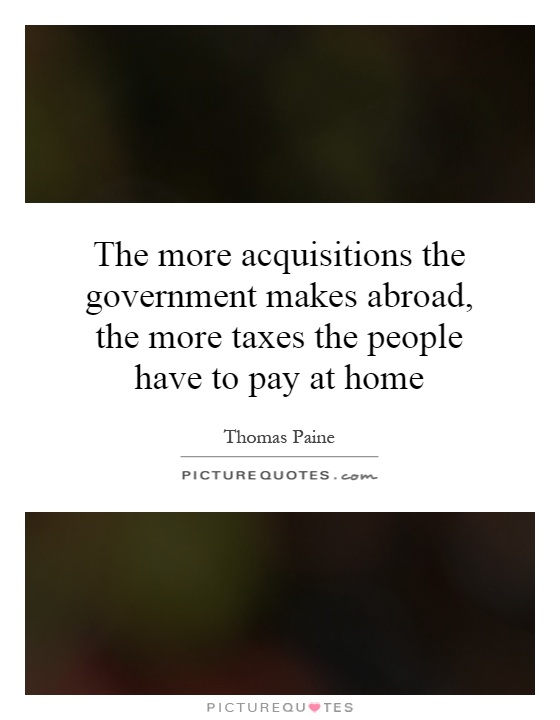
The more acquisitions the government makes abroad, the more taxes the people have to pay at home
Thomas Paine, a prominent political philosopher and revolutionary thinker, believed in the principles of limited government and individual rights. He argued that government should only exist to protect the natural rights of its citizens and should not interfere in their lives more than necessary. Paine was a strong advocate for the idea of minimal taxation and believed that excessive government spending and acquisitions abroad would only burden the people with higher taxes.In the context of "The more acquisitions the government makes abroad, the more taxes the people have to pay at home," Paine's beliefs are particularly relevant. Paine would likely argue that when the government engages in costly acquisitions abroad, it diverts resources away from the needs of its own citizens. This can lead to increased taxation on the people to fund these acquisitions and cover the costs associated with them.
Paine believed that excessive government spending and taxation were oppressive to the people and infringed upon their natural rights. He famously wrote in his pamphlet "Common Sense" that "government, even in its best state, is but a necessary evil; in its worst state, an intolerable one." Paine believed that government should be limited in its scope and should not overreach into the lives of its citizens.
Furthermore, Paine would likely argue that the government's focus should be on serving the needs of its own citizens rather than engaging in costly acquisitions abroad. He believed that the government should prioritize the well-being of its own people and ensure that they are not burdened with excessive taxes to fund unnecessary ventures.
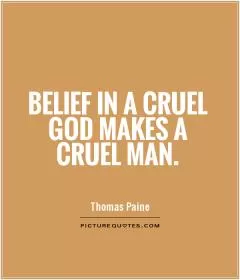
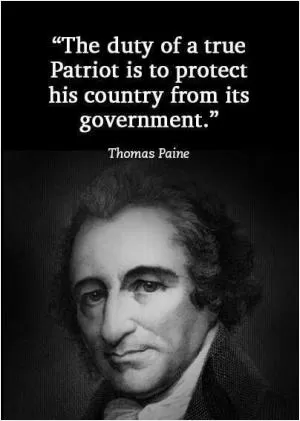

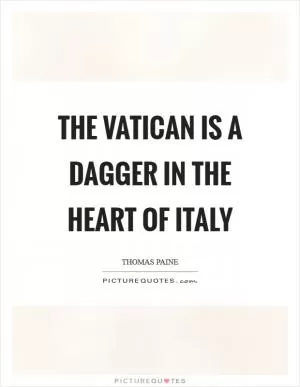
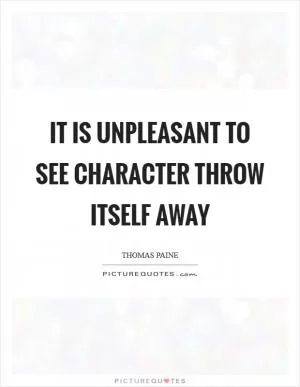
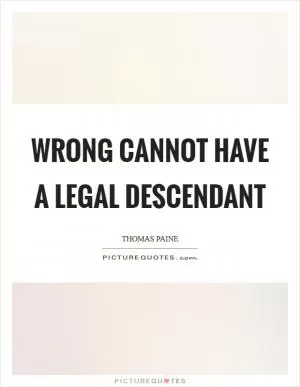
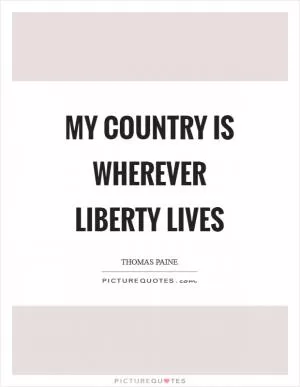
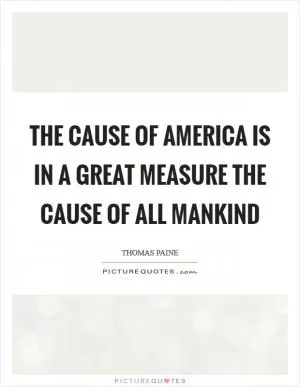
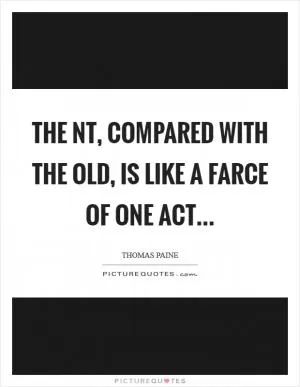
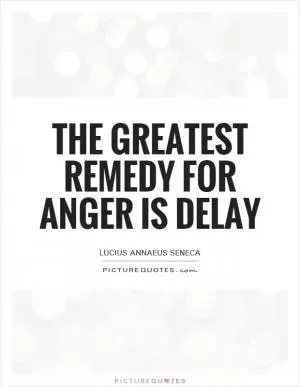


 Friendship Quotes
Friendship Quotes Love Quotes
Love Quotes Life Quotes
Life Quotes Funny Quotes
Funny Quotes Motivational Quotes
Motivational Quotes Inspirational Quotes
Inspirational Quotes